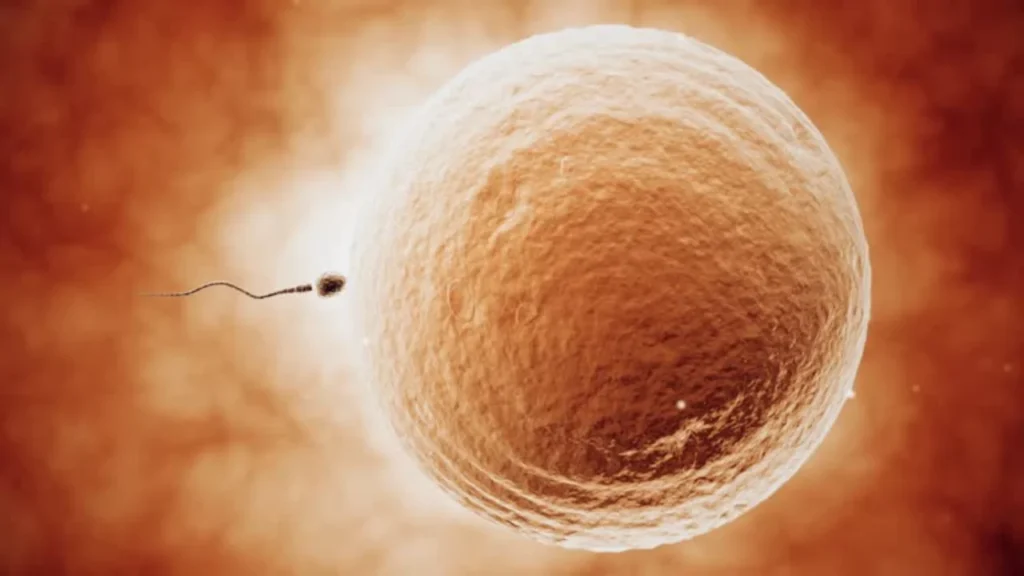In a development that could transform reproductive medicine, scientists say they are only a few years away from creating fully functional human sperm and eggs in the lab. The experimental process, called in vitro gametogenesis (IVG), is progressing rapidly and may soon provide new options for people facing infertility or genetic challenges.
What Is In Vitro Gametogenesis?
IVG involves reprogramming ordinary skin or blood cells into induced pluripotent stem cells, which are then guided to become sperm or egg cells. This technique has already been successful in mice, leading to the birth of healthy offspring. Scientists are now working to safely replicate this process in humans.
Researchers believe that within five to ten years, this breakthrough may allow individuals who cannot naturally produce viable sperm or eggs such as cancer survivors, older individuals, or same-sex couples to have biological children.
Potential Benefits and Medical Applications of Lab-Grown Human Sperm and Eggs
If proven safe and effective, IVG could offer:
- New fertility solutions for couples facing reproductive issues
- Personalized treatments for genetic diseases by screening embryos before implantation
- Preservation of fertility for people undergoing chemotherapy or other treatments
Medical experts also suggest this could reduce reliance on donor sperm or eggs, offering more biological connection in assisted reproduction.
Ethical and Regulatory Challenges
Despite its potential, the technology raises several ethical and legal questions. Concerns include the possibility of creating embryos for non-medical reasons, designing offspring with chosen traits, and unknown long-term health effects.
Many scientists and ethicists are urging caution. They emphasize the need for strong ethical guidelines, public debate, and regulatory oversight before the technology becomes widely available. Clinical applications in humans will likely face strict approval processes and require thorough safety evaluations.
What Lies Ahead?
While IVG remains experimental, the pace of development is rapid. Several research teams across the U.S., Japan, and Europe are actively conducting animal trials and early lab studies on human cells. The ultimate goal is to make this option safe, accessible, and ethically sound.
With science pushing the boundaries of fertility, the creation of lab-grown human sperm and eggs could soon revolutionize reproduction, offering hope to millions. But as researchers edge closer to human trials, society must prepare for the ethical decisions that come with such a powerful breakthrough.
Grab more recent updates on our WhatsApp Channel





















